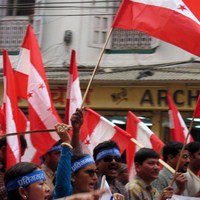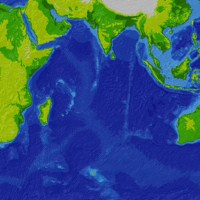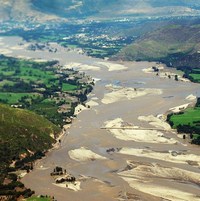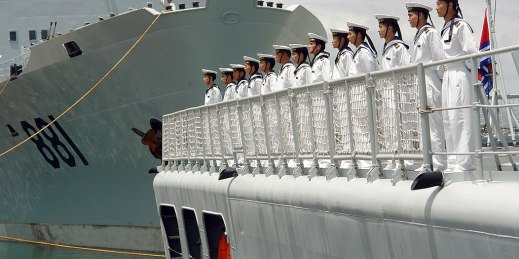
Traditionally competitors for influence in neighboring Nepal, China and India are now signaling readiness to join forces to pull the Himalayan nation out of its chronic political instability. The contours of a formal cooperation framework are yet to emerge. But academic and media circles in China and India suggest a growing convergence of interest in preventing instability from spilling across Nepal’s borders. Politics remain volatile in Nepal, where mainstream parties and former Maoist rebels cooperated to abolish the 240-year-old monarchy in 2008. But political infighting since has resulted in five prime ministers in as many years. Despite repeated extensions, an […]















